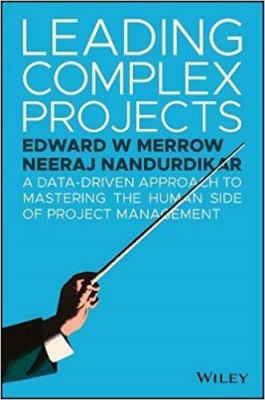Latest publication: Consequence on project complexity of the increased presence of financial owners for major capital projects
We have been pleased to contribute to the latest issue of Connect Magazine of ICCPM (International Centre for Complex Project management) on the topic of ‘Consequence on project complexity of the increased presence of financial owners for major capital projects‘ (link to the full article)
A definite trend in infrastructure and energy is to have financial holdings take ownership over large complex capital projects. Those owners do not have the history, technical background and experience that more traditional industrial owners have developed over time. In addition to possible unrealistic expectations, additional complexity is created because of the need to contract additional owner engineers, future operator and project management support entities. Project complexity can then reach a threshold where the project outcome becomes quite unpredictable. The article explores the consequences of this trend in terms of contracting strategies and the associated complexity risk. It also provides insights as to the measures that financial owners should take to be successful.
This setup may create issues and project complexity concerns, mainly along three dimensions:
- A general context of excessive expectations regarding project and asset performance,
- Lack of competence of the owner to drive the right technical decisions during project definition and execution, in the interest of the full lifecycle value of the asset. This is also linked to poor governance including inadequate control of key project milestones,
- Lack of alignment of interests between owner and owner assistance contributors leading to poor project execution decision-making. This additional complexity may have a significant impact on project delivery.
It is our persistent observation that capital projects involving financial owners are often much more complex mostly due to the involvement of additional contributors, compounded by a frequent lack of understanding by the owner of the key capital project success factors. This is however not inevitable. Practices that will allow one to overcome this situation include internalizing sufficient competencies and project control capabilities, setting realistic expectations aligned with industry benchmarks, being careful about adequate and timely decision-making, and setting up an integrated project team aligning all contributors towards a common goal.
Read our ICCPM Connect article ‘Consequence on project complexity of the increased presence of financial owners for major capital projects‘.
If you can’t access the link to the white paper, copy and paste the following link in your browser: https://www.projectvaluedelivery.com/_library/CONNECT%20Sept%202021%20-%20Averous.pdf




